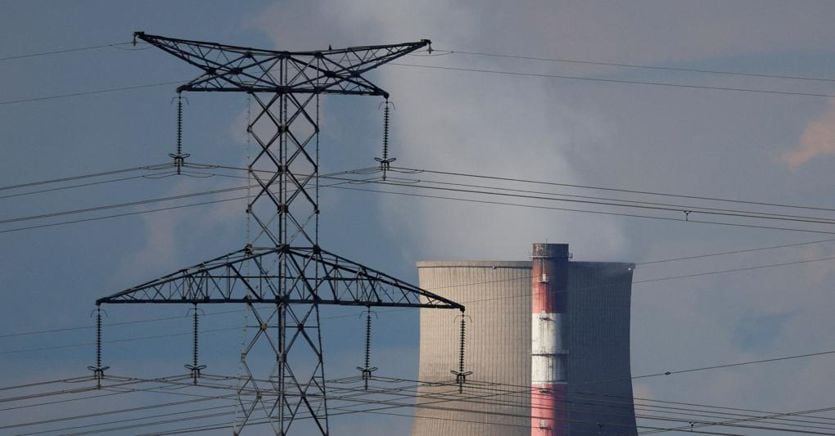France denied having a plan to suspend exports of electricity to Italy for two years. But this does not mean that we can take supplies for granted if the problems with the nuclear reactors across the Alps persist. As for gas, Paris continues to oppose the construction of the MidCat: a gas pipeline of only 190 km across the Pyrenees with which Spain – which has seven LNG terminals – could act as a hub for the rest of Europe. “I don’t understand why we jump around this issue like goats in the Pyrenees”, President Emmanuel Macron became impatient when faced with requests to justify such a stubborn “no”. Spaniards, Portuguese and now also the Germans insist on the importance of infrastructure, but Paris does not give up: the MidCat in view of decarbonisation is useless, he insists, and in any case it would not be ready for this winter.
The suspicion of many is that the Elysée is under pressure from the nuclear industry or that it fears Spanish competition in the LNG markets. In short, energy protectionism. The same that prompted Norway to announce possible restrictions on electricity exports, due to the hydroelectric basins impoverished by the summer drought. Not only has the Scandinavian country today not only become Europe’s largest gas supplier, but it is also an exporter of electricity that would be difficult to do without.
Germany exports electrons even more than Oslo (especially to France and Austria). And even Berlin this winter could reduce its supplies abroad if it finds it difficult to satisfy the domestic market: this was stated just this week to the FT Hendrik Neumann, chief technical officer of Amprion, the largest operator of the German network.
The risk of national needs being pushed forward is even higher when it comes to non-EU countries. In Britain in June, National Grid said it would stop gas exports in the event of a winter shortage. At the time he had also specified that he considered it a remote possibility, but in these days Ofgem (the British regulator) warned of a possible “gas emergency” in the cold months, which would force even families to ration energy, with blackouts three hours. Now London is begging for solidarity: in an editorial in the Times, Prime Minister Liz Truss asked Europe not to stop energy exports to the United Kingdom.
The transit of gas and exports of electricity from Switzerland, both crucial for energy security in Italy, also raise some concerns: the Swiss confederation has warned citizens against the risk of blackouts and there is no agreement with the EU that provides solidarity behavior.
